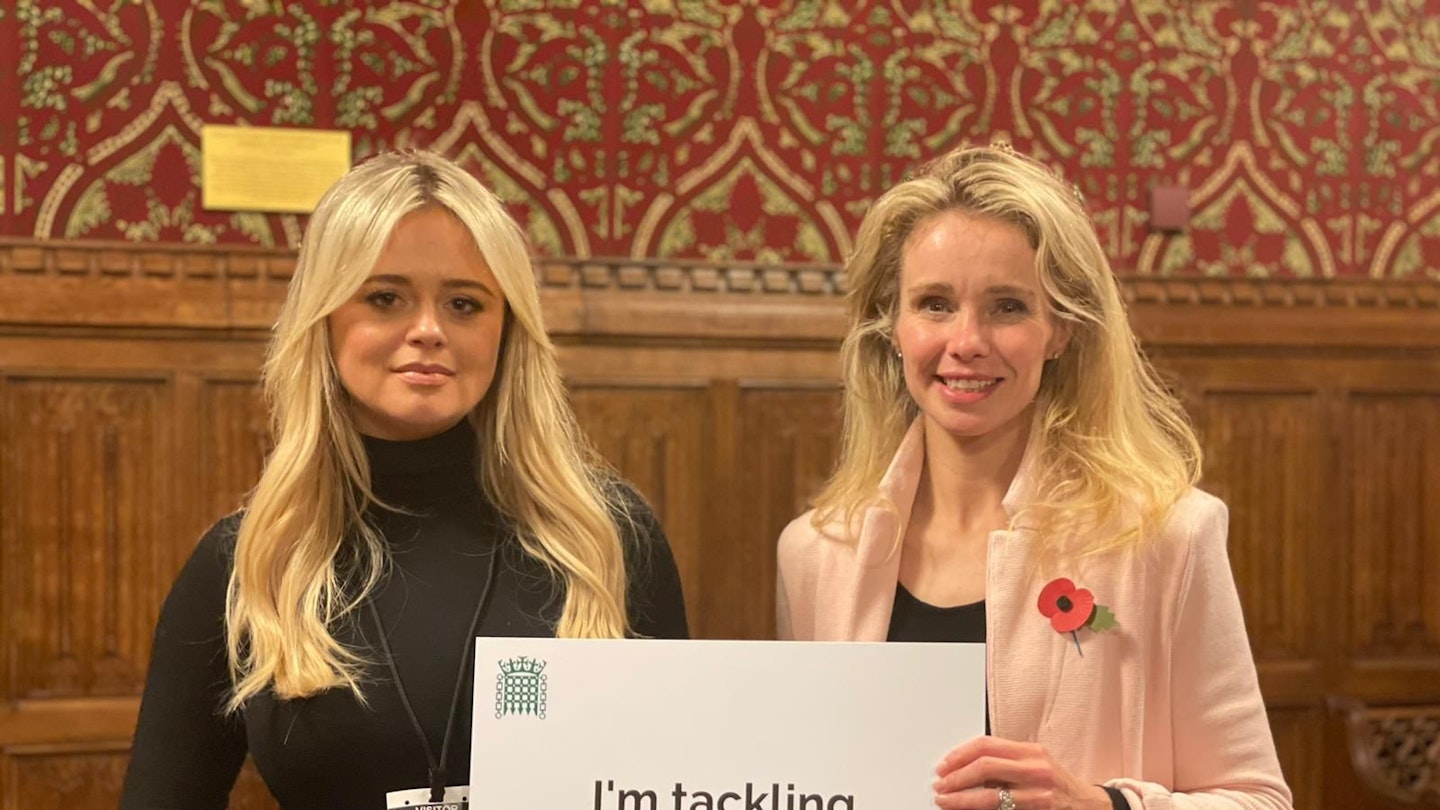The internet does so much good. It links people together, it allows the fast dissemination of information and it gives us easy access to knowledge. In so many ways it can be a useful and positive force. But like all technologies, some people find ways to misuse them.
Cowardly keyboard warriors on social media platforms have made an industry out of peddling hate, misinformation, explicit images and prejudice that undoes much of that good the internet has given us.
And even a tragedy such as a child’s death is not immune to online abuse. A brave woman that I met through Instagram, called Marlene Anderson, told me that when her baby was dying, anonymous trolls were telling her to kill her daughter by taking the tubes out of her face. The vast majority of perpetrators do it anonymously and it seems that social media platforms do little to stop them. Trying to trace abusers can take years.
From vulnerable teenage girls like Molly Russell and Hannah Smith taking their lives when bullied and ridiculed for their looks, to racists who stoke up anger towards others that explodes into violence somewhere in the real world. The abhorrent stories of Black footballers receiving racist abuse online are a well-known example of this, so much so that the anti-racism campaign organisation Kick It Out have identified social media as a battleground of hate.
Then there is the everyday abuse and harassment like cyberflashing or upskirting. This is just as serious but it’s been normalised. Smartphones make all this horror so easy too. Our phones live in our pockets so we carry the harassment around, into our offices, schools and even into our homes and private spaces.
When social media users are anonymous, they abuse other users freely without repercussions.
I welcome the culture secretary indicating that cyberflashing is to become a crime in support of Grazia’s campaign, but I want to go further and for us to do more to stop anonymous abuse, as the indecent images are usually from anonymous strangers.
I believe the way to do that is to limit the scope and effectiveness of anonymous accounts. When social media users are anonymous, they feel confident in the lack of accountability, meaning they can behave badly and abuse other users freely without repercussions – a phenomenon known as the 'Online Disinhibition Effect'.
The Ten-minute Rule Bill I introduced to parliament today is asking the government to make it harder for anonymous abuse to do its deadly and corrosive work. The bill gives me an opportunity to highlight the strength of public and cross-party support for action on anonymous accounts. I want the government to adopt my proposals into its Online Safety Bill. This is my ultimate goal.
The idea is very simple and I want to stress it doesn’t ban anonymous accounts – they have their place, particularly for those who face danger for their views.
I seek three simple things from social media platforms:
Give all social media users the right to verify their identity if they choose.
Give social media users the option to only follow or be followed by verified accounts.
Make it clear which accounts are verified. We already have blue ticks for MPs and famous people. Why should it only be us who have that added layer of protection and verification?
Over 72% of UK victims of online abuse say they have experienced abuse or harassment from anonymous accounts. 71% of social media users would choose to screen out posts and DMs from anonymous users on social media. It is undeniable that this is a big problem affecting so many, and one that the public wants to see addressed.
The lack of action from the social media giants is a whole other subject on its own, but it’s certainly fair to suggest that they are either unable or unwilling to stop the hate. There are no sheriffs in this Digital Dodge City so it’s time we stepped in to restore some order.
We are calling for criminalisation of cyberflashing within the Online Harms Bill which is due to be published next month. We have an opportunity to change things NOW, so please sign our petition to show your support.
Read More:
